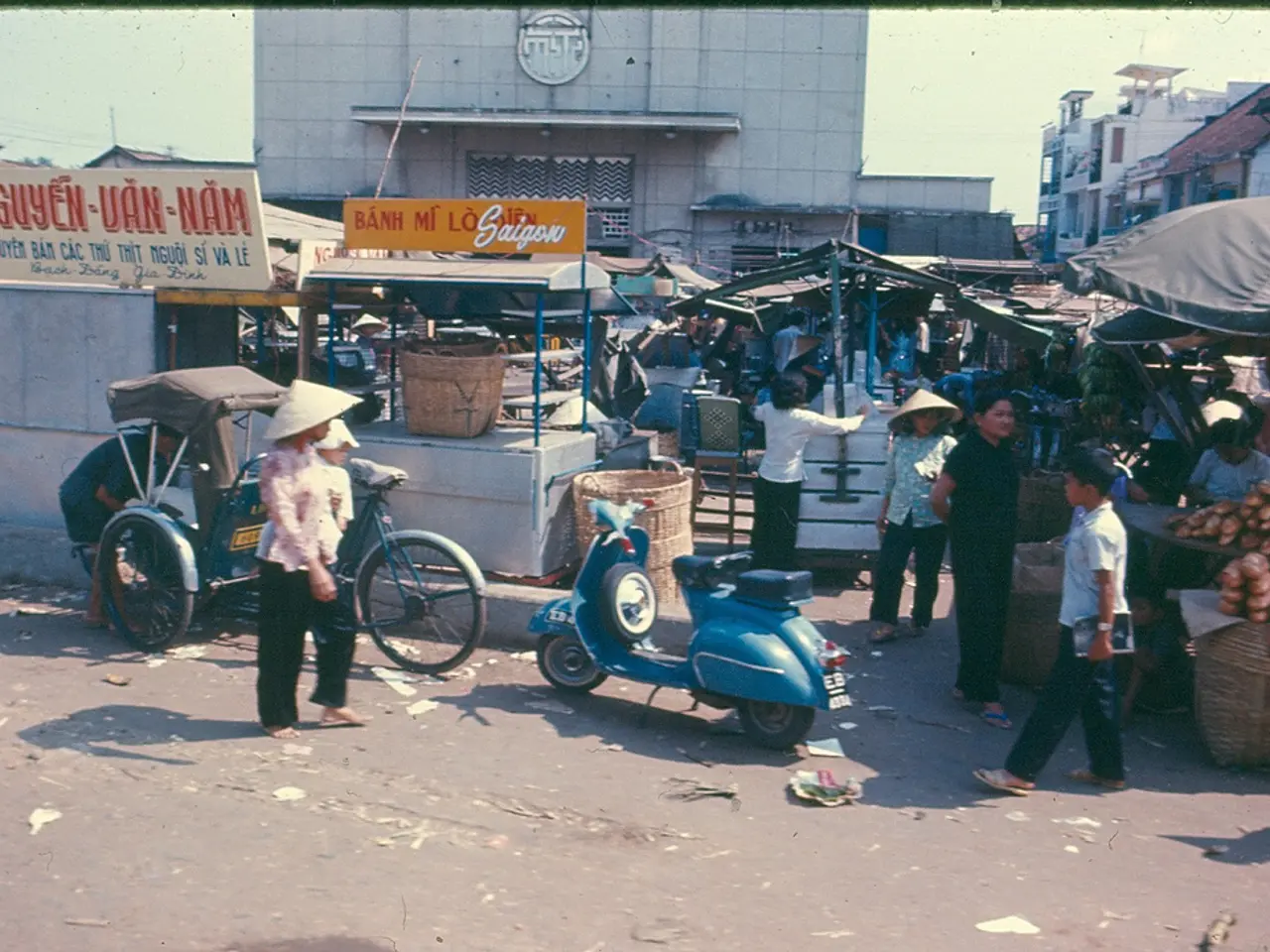Introduced: A zero-waste tourism network
The Vietnam Zero Waste Tourism Network (VZWTN) has been introduced in coordination with Pacific Environment Vietnam and Da Nang City's Tourism Association, marking a significant step towards achieving Vietnam's Net Zero commitment by 2050.
Based in Hoian and Da Nang, the network aims to reduce waste generation in the tourism sector by promoting zero waste principles and sustainable practices among tourism businesses and communities.
Strategies for Sustainable Change
The network's strategies typically involve encouraging hotels, resorts, and tour operators to adopt zero waste practices such as eliminating single-use plastics, providing refillable amenities, and implementing composting and recycling programs.
Local communities and tourists are being mobilized through education campaigns and hands-on activities like beach clean-ups to foster environmental responsibility. Collaboration with local authorities and international environmental organizations is also key to promoting green tourism standards and policies.
The network supports circular economy initiatives within tourism by ensuring waste materials are reused or recycled, thus reducing landfill contribution.
Impact of the VZWTN
The impact of the VZWTN in Hoian, Da Nang, and the wider region is significant for sustainable tourism and waste management. It helps reduce plastic pollution and marine litter, a major environmental threat to Vietnam’s coastal destinations and biodiversity.
The network contributes to Vietnam’s national efforts to eliminate single-use plastics in tourism settings by 2025 and beyond, a policy priority for the Ministry of Culture, Sports and Tourism.
The network supports the development of eco-tourism and green business models that enhance the economic sustainability of tourism while preserving natural resources. By raising public awareness and changing traveler behaviors towards eco-friendly choices, it helps foster long-term environmental stewardship.
A Bright Future for Sustainable Tourism
These efforts align with government initiatives for greener tourism cities like Hanoi and coastal protection campaigns involving thousands of volunteers across Vietnam.
Hoian, a UNESCO-recognized world heritage site, has been a trailblazer in waste management for 'green' and sustainable tourism since 2019. The town is receiving support from the International Union for the Conservation of Nature (IUCN), the World Wildlife Fund (WWF), and the Global Alliance for Incinerator Alternatives (GAIA) to develop its 'Zero Waste and Plastic Tourism' brand.
The first qualified members of the VZWTN will implement actions to reduce greenhouse gas emissions by periodically reporting and eventually transitioning to a sustainable tourism model. Da Nang, expecting to host 12 million tourists in 2025, is also set to benefit from these initiatives, offering a low-carbon tour at a garden of the Field Restaurant under management of EMIC Travel, which includes zerowaste, recycling, and reuse practices and environment-friendly manners.
In conclusion, the Vietnam Zero Waste Tourism Network plays a vital role in advancing Vietnam’s vision of sustainable tourism, reducing waste generation, and promoting environmentally responsible travel in key tourism hubs such as Hoian and Da Nang, supporting both ecological integrity and community livelihoods.
- The AI-driven Vietnam Zero Waste Tourism Network (VZWTN) collaborates with international organizations like Pacific Environment Vietnam and the Da Nang City's Tourism Association to encourage businesses and communities to adopt sustainable practices and reduce waste in the tourism sector.
- To achieve sustainable change, the VZWTN promotes zero waste principles by eliminating single-use plastics, providing refillable amenities, and implementing composting and recycling programs in hotels, resorts, and tour operators.
- The network's initiatives foster environmental responsibility among local communities and tourists through education campaigns and hands-on activities like beach clean-ups, and collaborate with local authorities and international environmental organizations to promote green tourism standards and policies.
- By reducing plastic pollution and marine litter, implementing circular economy initiatives, and supporting eco-tourism and green business models, the VZWTN significantly contributes to Vietnam's objectives of eliminating single-use plastics in tourism settings, preserving natural resources, and enhancing the economic sustainability of tourism.





